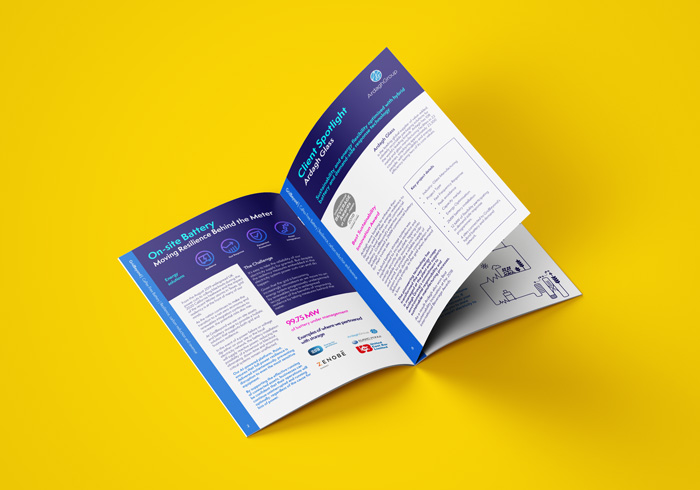Insights
better business decisions
Posted 3 years ago | 3 minute read

Spring Statement targets energy efficiency and on-site assets
Against a backdrop of rising fuel, energy and food costs on 23 March Chancellor Rishi Sunak delivered his Spring Statement.
Speaking to MP’s in the Commons, Sunak said higher than expected global energy and goods prices have already led to an unavoidable increase in the cost of living in the UK. The repercussions of Putin’s invasion of Ukraine will add to these pressures and increase inflation further in the coming months. But it was noted that global energy prices were volatile even before Putin’s invasion of Ukraine and remain much higher than pre-pandemic levels. Increased global demand for energy, short-term supply disruptions in major oil-exporting economies, weather patterns in Europe and Asia affecting both the supply of renewable energy and the demand for heating, and lower gas storage balances have all contributed to higher prices.
Following the invasion of Ukraine, energy prices have risen further amid supply disruptions from Russian to global markets. Global oil prices rose 9.3% between the week beginning 14 February (the last full week before the invasion) and the week beginning 14 March, and UK and European wholesale gas prices increased by more than 30% over the same period. While the Ofgem energy price cap protects domestic consumers from the rapid changes observed in the wholesale energy market in the short term, the rise in oil prices has already affected petrol pump prices in the UK, which are now at record highs having increased by almost 12% over the past month.
In the medium term, the government has already announced that it will phase out the import of Russian oil by the end of 2022. But Sunak confirmed that the government will soon be setting out an energy security plan. This will include measures across hydrocarbons, nuclear and renewables to support energy resilience and security.
Other energy measures announced included:
- At Autumn Budget 2021 the government announced the introduction of targeted business rate exemptions from 1 April 2023 until 31 March 2035 for eligible plant and machinery used in onsite renewable energy generation and storage, and a 100% relief for eligible low-carbon heat networks with their own rates bill, to support the decarbonisation of non-domestic buildings. The government is bringing forward the implementation of these measures and is announcing that they will now take effect from April 2022
- Once the super-deduction regime has ended, the UK’s capital allowances regime will include allowances for specific assets or activities including 100% First Year Allowances for zero emission cars
- VAT will be scrapped on home energy-saving measures such as insulation, solar panels and heat pumps – from April 2022 the scope of VAT relief available for energy saving materials (ESMs) will be expanded and will pay 0% VAT on ESMs installed.
- A 5p cut to fuel duty to come into force at 18:00 on 23 March
GridBeyond Managing Director UK & Ireland Mark Davis said:
“The confirmation that targeted business rate exemptions for onsite renewables and energy storage installations is a welcome move, that will provide businesses with an opportunity to not only provide additional resilience but will also act to limit high energy costs in a rising and volatile market and generate savings where possible.
“However, installing such technologies has a high upfront cost. At GridBeyond we are working with businesses across the UK and Ireland to install battery storage systems on their site(s) with no upfront cost. The batteries are managed entirely by GridBeyond, providing our clients with a clean, stable and uninterrupted energy supply, eliminating the risk of grid disruption and a hedge against power price peaks.”







